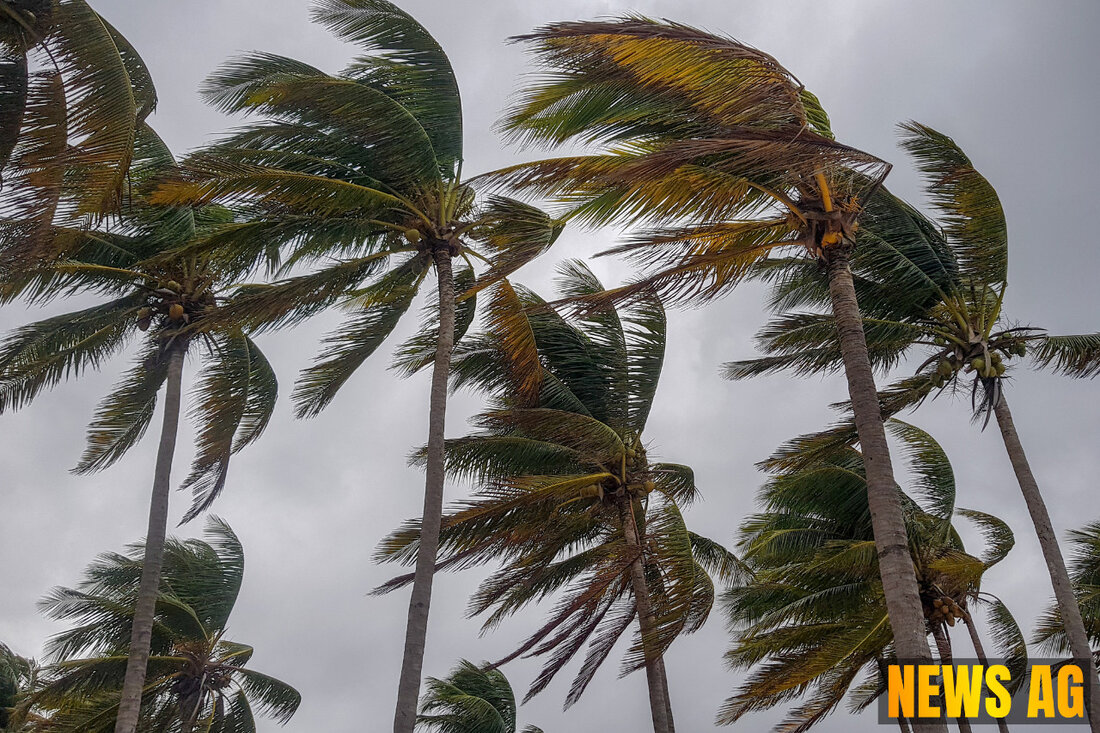Florida's New Hurricane Law Sparks Controversy Over Local Control
Discover the implications of Florida's SB 180 hurricane recovery law and its impact on local governance in Manatee County.

Florida's New Hurricane Law Sparks Controversy Over Local Control
A new Florida law, SB 180, intended to assist hurricane recovery, is stirring up controversy among local communities and officials. Signed into law by Governor Ron DeSantis in July, this measure has faced significant backlash for its potential overreach into local governance. Advocates of the law argue that it streamlines permitting and rebuilds efforts, but the criticisms are mounting, particularly regarding its implications for local land-use authority.
Critics, including State Representative Linda Chaney (R–St. Pete Beach), have expressed deep concerns about the law’s impact. Chaney is planning to seek a repeal of specific sections during the next legislative session, particularly the provisions that preempt local control over development. The law temporarily halts cities and counties impacted by Hurricanes Debby, Helene, and Milton from altering local development rules until October 2027. This has raised alarms among local officials, especially in Manatee County, who fear it limits their ability to implement vital wetlands protections aimed at flood management.
Local Control Versus State Authority
SB 180 was designed to create a smoother path for recovery by lowering fees, expediting rebuilding procedures, and enhancing emergency management training. However, it also introduces key provisions that prohibit local governments from imposing construction moratoriums or land-use restrictions for a year following hurricanes within a 100-mile radius of the storm’s track. Local governments are also faced with pressures, as residents and business owners can sue them over what they deem „burdensome or restrictive“ ordinances during recovery, complicating the recovery landscape further.
As Governor DeSantis noted, the law seeks to improve community resilience and enhance Florida’s capacity to respond to hurricanes. Yet, with nearly unanimous legislative support, questions linger about the clarity of the regulations and their potential for unintended consequences. Complementing this, the law mandates the Department of Emergency Management to submit annual reports on emergency spending and develop new plans for shelter capacity—a move aimed at bolstering Florida’s overall response to natural disasters.
The Broader Context of Emergency Recovery
The framework guiding disaster recovery extends beyond state law. Programs like those established under the Stafford Act offer mechanisms for federal assistance to local and state governments affected by disasters. This federal directive promotes a well-rounded, coordinated approach to prepare for and recover from emergencies, encapsulating a range of threats from natural disasters to cyber attacks. The National Disaster Recovery Framework facilitates collaborative recovery efforts, ensuring that communities can revitalize their economic and environmental health.
As the dust settles on this new law, the dialogue continues. Will the push for immediate post-storm recovery balance the long-term needs for sustainable growth and risk management? As Chaney prepares her legislation for the next session, it seems the debate over SB 180 will persist, highlighting the delicate dance between state directives and local control in disaster management.
For deeper insights, you can follow the developments on this issue through Fox 13 News, Florida Politics, and the U.S. Department of the Interior.

 Suche
Suche
 Mein Konto
Mein Konto